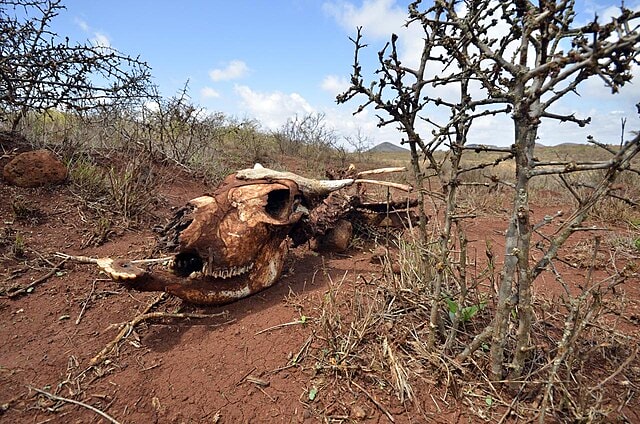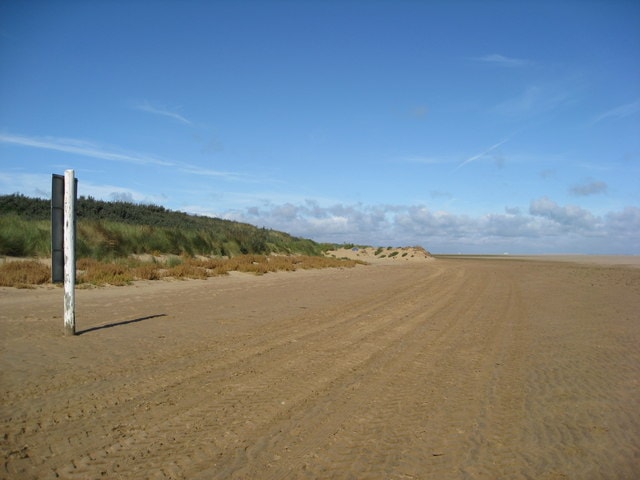After having failed to proceed through national avenues, six young environmental activists from Greenpeace Nordic and Young Friends of the Earth Norway have filed an important application to bring the issue of Arctic oil drilling to the European Court of Human Rights (ECtHR hereafter). In response to this, the office of the Norwegian Attorney general for Civil affairs invited the Court to “to find that the complaint is inadmissible or that there has been no violation” .
The People vs Arctic Oil was initiated in October 2016 when the aforementioned organisations filed a legal case against the Norwegian government granting oil drilling licences in a newly opened area. The organisations argued drilling would violate the right to a healthy and safe environment protected by the Norwegian Constitution in Article 112, and make it impossible for Norway to meet its Paris Agreement obligations.
The People vs Arctic Oil Timeline
- November 2017: Case heard in the Oslo District Court
- November 2019: Case is heard in the Oslo Court of Appeal
- November 2020: Case is heard in the Supreme Court
- December 2020: The Norwegian Supreme Court rejects the appeal
- June 2021: Groups argued that Norway was violating their ‘right to life’ by permitting new oil drilling in vulnerable areas in the Barents Sea
- January 2022: The environmental organisations communicate the case to the ECtHR against the Norwegian government, arguing that the drilling and gas extraction licences violates Articles 2 and 8 of the European Convention on Human Rights (granting every European citizen the right to be protected against decisions endangering life and private life) by increasing harm due to accelerated climate change
Norway recently called for the ECtHR to drop the case, arguing that Russia’s invasion of Ukraine will cause a demand for Norwegian oil in decades to come, and so warrants their search for more oil and gas resources. Norway is Europe’s second-largest gas supplier, but even delivering natural gas at maximum capacity it cannot replace Russian supplies.
The Norwegian government is consequently licensing for more drilling in the Arctic to deal with demand due to the Russia-Ukraine war affecting supplies. Over 95% of the emissions from Norwegian oil originate from the combustion of fossil fuels, but these emissions are wholly excluded from the government’s environmental impact assessments. Applicants argue that this violates EU Directives significantly and is a reckless attempt to evade climate responsibility.
“War in 2022 does not legitimise oil policy from 2016, nor does it justify new production several decades into the future. Europe’s response to the war is to accelerate the transition to renewable energy…The fact that the government uses the war in this way only highlights that it doesn’t take its climate responsibility seriously and that the case belongs in Strasbourg
Frode Pleym, Head of Greenpeace Norway
The People vs. Arctic Oil is historic as it is the world’s first case to challenge drilling for new oil and gas based on the Paris Agreement, and it is the first time environmental rights in Norwegian Constitutional Article 112 have been invoked in Court.
In 2015, countries under the Paris Agreement envisioned this being a ‘decade of climate action’, to prevent global warming 1.5 degrees above pre-industrial temperatures, but lagging ambition has caused alarm worldwide.
Sure enough, the Ukraine war has already and will continue to considerably impact energy security, but for a nation deemed a liberal leader in terms of human rights, freedoms and the environment, this decision is deeply problematic. Nordic countries are recognised for combining healthy economic growth with strong social and environmental policies, and so planning to increase drilling in the Arctic is a step backwards that should be criticised widely.
Climate activists are sometimes depicted as dangerous radicals.
But the truly dangerous radicals are the countries that are increasing the production of fossil fuels.
Investing in new fossil fuels infrastructure is moral and economic madness.
— António Guterres (@antonioguterres) April 5, 2022
As the People vs. Arctic Oil court case has already exhausted national courts of law, it adopted a unique position where it could apply to the ECtHR. The case joins other environmentalist cases regarding forest fires in Portugal and heatwaves in Switzerland being tried in the ECtHR.
What next?
The ECtHR will now provide a deadline to submit observations on law from the government response. Client Earth, The European Network of National Human Rights Institutions, and The International Commission of Jurists (to name a few) have been granted permission to intervene and propose advice.
The Court will then decide if the case is admissible, in which case it is communicated to Norway for a response. If not, the court can refer the case to the Grand Chamber, propose more government observations, or ask outside parties to provide information. After the Norwegian government responds, the Court decides whether the case will be heard by one chamber of the court, which will deliberate on the case and make a judgement.
It is uncertain how long this process will take, but as the case has potential to set an international precedent and have significant impact on the European and Norwegian legal system, a verdict could be issued soon. Laws in many countries explicitly recognise the universal right to a healthy environment, and so judges worldwide are acknowledging interpretations of other jurisdictions. If the ECtHR decided that states can be responsible for their green house gas emissions even after export, this could have global impact.
However, the Attorney General previously highlighted Norway’s role as a stable and predictable energy supplier to Europe in the wake of the Ukraine war, which could affect outcomes. Also, the ECtHR is not a supranational body, and so its verdict can only instruct Norway to change policies or implement actions to amend the environmental damage.

Credit: Norsk Petroleum
Nevertheless, the case could follow after the Urgenda case in the Netherlands, where the Dutch Supreme Court found that Dutch climate targets were far lower than those proposed by scientific recommendations, and in which Articles 2 and 8 were central. The activists also allege a violation of Article 14 of the ECtHR about discrimination based on age, relating this to the disproportionate burden the climate crisis imposes on youth, and to the minority Sami population
“The government can’t escape the fact that continued oil production leads to increased emissions and is incompatible with the Paris Agreement’s targets. It will without a doubt have huge consequences for my future.…Just like the UN, we find it irresponsible that Norway continues its current dirty oil policy.”
Gina Gylver, one activist behind the complaint and head of Young Friends of the Earth Norway
Victory would involve the ECtHR agreeing with the plaintiff’s claims regarding Norway’s 23rd licensing round and issuing a judgement in their favour. If Norwegian oil and gas policy is found to not consider the climate sufficiently, the new licences will be invalid, and Norway would face pressure to change its oil and gas policy, which would be a huge victory.
The People vs Arctic Oil being accepted for ECtHR deliberation is a success in itself, and if the application is admitted, the case could set a precedent for people being able to legally hold their governments accountable for destructive environmental policies. This would constitute substantial progress in the fight against climate change.
Editor’s Note: The opinions expressed here by Impakter.com columnists are their own, not those of Impakter.com. — In the Featured Photo: Statfjord Oil Rig. Featured Photo Credit: Wikimedia Commons.














